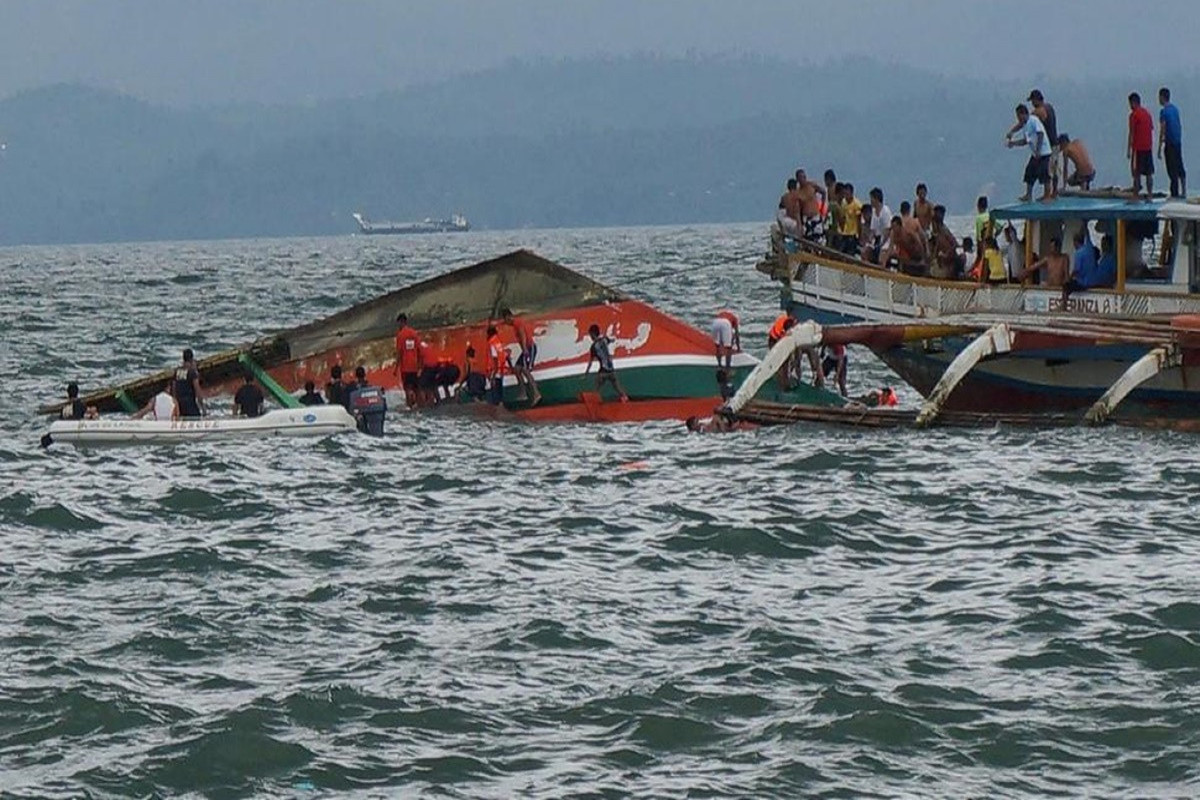
At least 26 people died Tuesday when a boat capsized on the Niger River in southern Nigeria, authorities confirmed. Traders were travelling from Kogi State to a market in Illushi, Edo State, when the vessel reportedly overturned midstream.
Kingsley Femi Fanwo, Kogi State information commissioner, said the incident claimed “not less than 26 passengers,” according to his statement on X. Nigeria’s National Emergency Management Agency dispatched rescue teams Wednesday to search the river and assist survivors at the scene.
River accidents are frequent in Nigeria, often caused by overloaded boats, poor maintenance, or failure to follow safety regulations. Last month, a ferry capsized in Niger State after reportedly hitting a tree stump, killing at least 32 people.
In August, another boat in Sokoto overturned, leaving three dead and 25 passengers missing, highlighting persistent river transport risks. Fanwo urged riverine communities to prioritise safety, avoid overloading, and always wear life jackets during water travel, he added.
President Bola Ahmed Tinubu expressed “profound sorrow” at the tragedy, noting victims were pursuing legitimate means of earning a living. Tinubu called on water transport operators to prioritise safety over financial considerations in their daily operations, he emphasised.
Kogi State is particularly vulnerable to flooding during the rainy season, which lasts from March through November each year. The Niger River, Africa’s third-longest, meets its main tributary, the Benue, near Lokoja, a few hundred kilometres upstream of the accident.
Heavy rains have repeatedly flooded riverside communities, including the Ibaji area, a regional rice-producing hub where traders had departed. Floodwaters have previously displaced tens of thousands, while poor infrastructure and drainage exacerbate the human and economic toll across Nigeria. Scientists warn that climate change is intensifying rainfall and flooding, further heightening dangers for communities dependent on river transport.
